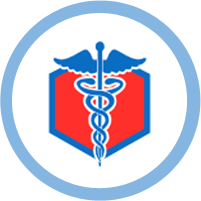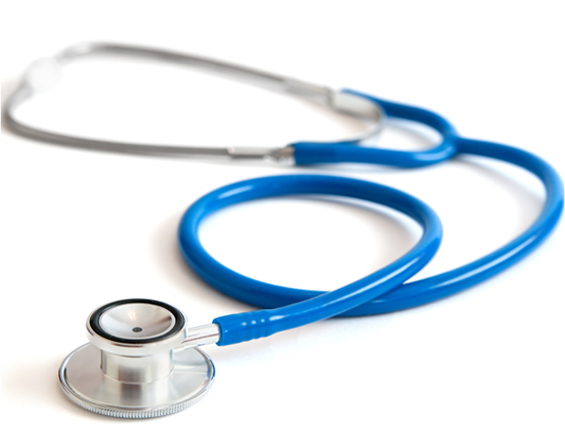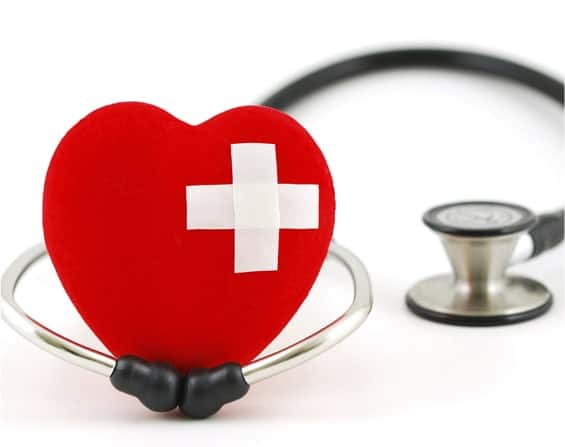
COVID-19 FAQ

Excellence ER Can Answer All Your Questions about COVID-19
COVID-19 has become a part of our daily reality. The illness has been rapidly spreading and infecting thousands of people across the country and the state of Texas. With limited information, it can be hard to know how to protect yourself and what to do if you become infected. The team at Excellence ER is here to help residents of Harris County, TX navigate this confusing time by providing you with helpful information about COVID-19, how to treat it, slow the spread, and protect yourself. We’ve compiled a list of the most frequently asked questions and provided the answers to give you the information you need. Please reach out to us if you have additional questions not listed here.
What is Coronavirus (COVID-19)?
Coronavirus, or COVID-19, is a viral infection that is spread from person to person through respiratory secretions. For example, every time an infected person breathes or coughs, they release particles into the air that can then be breathed in by others and infect them. Due to this, COVID-19 is highly contagious and can be easily spread, especially when people are in close proximity for an extended period of time. The symptoms of a COVID-19 infection can range from a fever and cough to severe respiratory distress.
What Advice Does the CDC Offer Regarding COVID-19 Testing?
The CDC offers the following advice about getting a COVID-19 test. If you have been in close contact with someone who has COVID-19, or you live in a community where there is an ongoing spread of COVID-19, and you develop symptoms, you should call your healthcare provider and inform them of your symptoms and exposure. Your doctor will be able to determine if you need to be tested. However, it’s important to keep in mind that there is no treatment for COVID-19, and those who are only mildly ill are usually able to isolate and care for themselves at home. If your doctor determines that you meet the requirements to be tested, make sure you wear a mask, cover your coughs and sneezes, and frequently clean your hands when you leave your home for the test. Seek emergency care if you experience severe pain, shortness of breath, or chest pain.
What Does “FDA-Authorized” Mean?
The FDA provides an independent review of medical products, like testing methods, medications, and medical devices. When something is deemed “FDA authorized,” it means the FDA has approved it for its intended use. During a crisis like the COVID-19 pandemic, we have an urgent need for products to diagnose, treat, or prevent the spread of the virus. In these situations, the FDA can authorize testing in a few different ways, giving their approval of the testing method. They can grant authorization in the following manners:
- Emergency Use Authorization (EUA): In certain urgent health situations, the FDA can issue an emergency use authorization, or EUA, of a product that will help contain or stop the current problem. The EUA process is different from full approval in that it can be given without full evidence because there is no time to wait for it all. The FDA uses the available evidence to balance the risks and benefits and determine if the product or method should be approved.
- Lab Developed Test (LDT): A lab-developed test is a diagnostic test developed by and used within a single laboratory. The FDA is providing flexibility to labs to use their own tests during the COVID-19 pandemic. The agency will approve LDTs in cases where the lab validates the test, notifies the FDA, and submits the validation data to the FDA as part of an EUA request.
- State Authorization: The FDA also gives flexibility to states who wish to authorize labs within the state to develop and perform coronavirus testing. In these situations, the state or territory takes responsibility for the safety and accuracy of the tests.
What Should I Do if I’ve Already Been Tested for COVID-19?
If you have been tested once for COVID-19, our facility will not test you again unless you develop additional or worsening symptoms, have persistent symptoms, or experience another exposure. Instead, you will need to contact your doctor or another facility that can accommodate routine or repeat testing. If you have previously tested positive and have been quarantining at home, you do not need a second test to determine if it is safe for you to be around others. Rather, you can follow the CDC guidelines for ending home isolation. It’s safe to be around others ten days after the symptoms first appeared, as long as you have gone a full 24 hours with no fever without the use of fever-reducing medications and your other symptoms are improving.
What Is a COVID-19 Viral Test?
A COVID-19 viral test is used to determine if you have a current infection. This can be determined using either an antigen detection test or a viral molecular detection test. An antigen detection test is looking for viral antigens that develop on the surface of cells when infected with the virus. If the antigens are present in the tissue sample, it proves the person has a current infection. On the other hand, a viral molecular detection test is looking for the virus’s genetic material (DNA or RNA). If the genetic material of COVID-19 is found in the sample, it shows that the person has a current COVID-19 infection.
What Is a COVID-19 Antibody Test?
A COVID-19 antibody test is used to determine if you were previously infected. In order to fight off the virus, your body produces antibodies that remain in your system after you’ve overcome the infection. If you have antibodies present in your blood sample, it likely means you had the virus at an earlier time. Antibody tests usually cannot show if you have a current infection, as it takes your body a week or more to produce antibodies. It is currently unknown if having the antibodies to the virus will protect you from becoming infected with the virus again or how long the protection lasts.
Who Is at High Risk of Getting Very Sick?
Most people who become infected with coronavirus develop only mild symptoms. However, there are some who are at higher risk for developing severe complications, which means they and their families need to take extra caution. Those who are at the highest risk for developing serious symptoms include:
- Anyone over the age of 65
- Pregnant women
- Patients with weak immune systems
- Individuals with chronic medical conditions such as obesity, lung disease, moderate to severe asthma, diabetes, hypertension, heart conditions, liver disease, cancer, and kidney disease

FAQs – What patients should know
If you have a question that is not answered here, feel free to get in touch with us. We look forward to addressing your questions.

How Can I Protect Myself from Getting COVID-19?
The key to stopping this pandemic is preventing the spread of the virus from person to person. You can do your part in this by protecting yourself, which in turn will help protect others. To help reduce your chances of getting sick, the CDC recommends avoiding close contact with sick people, maintaining a distance of six feet between you and others outside your household, and staying home if you’re sick. You should also wash your hands frequently, ensuring to scrub them for at least 20 seconds. If soap and water aren’t available, be sure to use hand sanitizer with at least 60% alcohol. You should also disinfect touchable surfaces and avoid touching your face.
What Can I Do to Prevent Spreading COVID-19?
If you test positive for COVID-19 or begin experiencing symptoms, you need to be sure you are taking precautions to prevent spreading it to others. You should do the following if you think you may have a COVID-19 infection:
- Stay Home: Stay home and away from others living in the same residence. Try to keep to the same room and avoid going out in public.
- Cover Your Mouth & Nose: If you do leave home or have to be around others in your residence, cover your mouth and nose by wearing a face mask. Make sure you sneeze or cough into a tissue and throw it away immediately.
- Wash Your Hands: Wash your hands frequently with soap and water for at least 20 seconds. Use hand sanitizer with at least 60% alcohol if soap and water aren’t available. Avoid touching your face or other people with unwashed hands.
- Avoid Sharing Items: Don’t share towels, bedding, dishes, or cups with other people in your household. All items used by someone with COVID-19 should be washed thoroughly, and all surfaces they touch should be routinely disinfected.
Someone I Was Around Has Symptoms. Should I Get Evaluated?
If you were in close contact with a person who had symptoms of COVID-19 and you develop symptoms within 14 days, you should get a test. Being in close contact means that you were within six feet of them for an extended period, were coughed on, or had direct contact with any of their fluids. We are only able test you if you are actively displaying symptoms of COVID-19. If you have had contact with someone who is ill, but are not showing symptoms yourself, unfortunately, we will be unable to administer a test.
What Is a False Negative Result?
A false-negative result is when a COVID-19 test comes back negative even though the person is infected. This can occur if there is an issue with the sample or if the patient is in the very early stages of the disease. Patients with symptoms who have received negative test results should continue to isolate and consult with their doctors. Asymptomatic patients with a negative result should continue to watch for symptoms for the 14 days following exposure.
What is a False Positive Test?
A false-positive result is when a person receives a positive COVID-19 test even if they do not have a current infection. This can occur if there is a problem with the test or with the sample taken. You should contact your healthcare provider if you think you may have a false-positive test.
Contact Us for More Information
If you are concerned about COVID-19 or have questions about prevention, exposure, or testing, please feel free to reach out to the team at Excellence ER in Houston. Our team can answer your questions and let you know how you can receive a test at our facility. Contact us or stop by today!
Stay In Touch With ExcellenceER
All Excellence Emergency Room locations are exclusively staffed with board-certified emergency physicians and emergency trained registered nurses.

